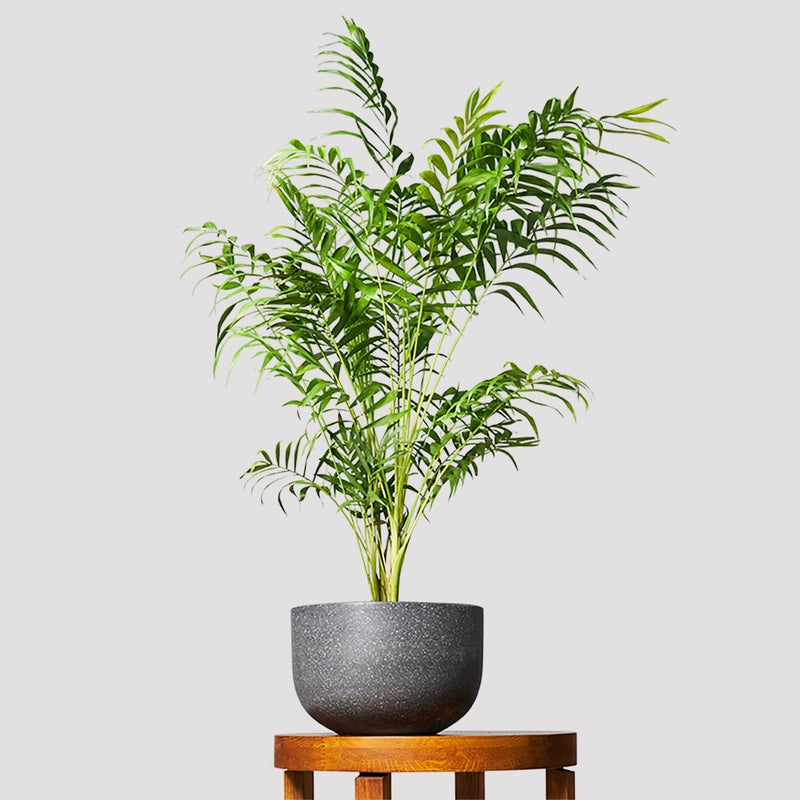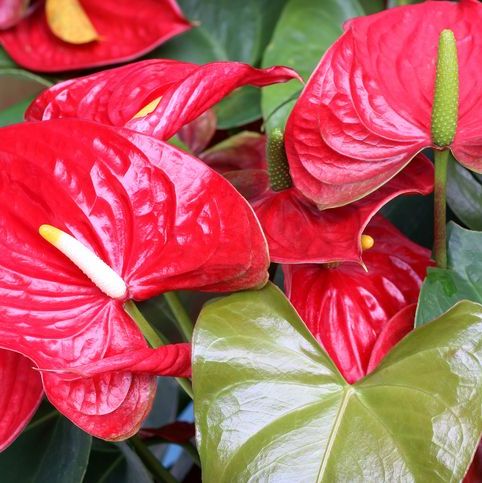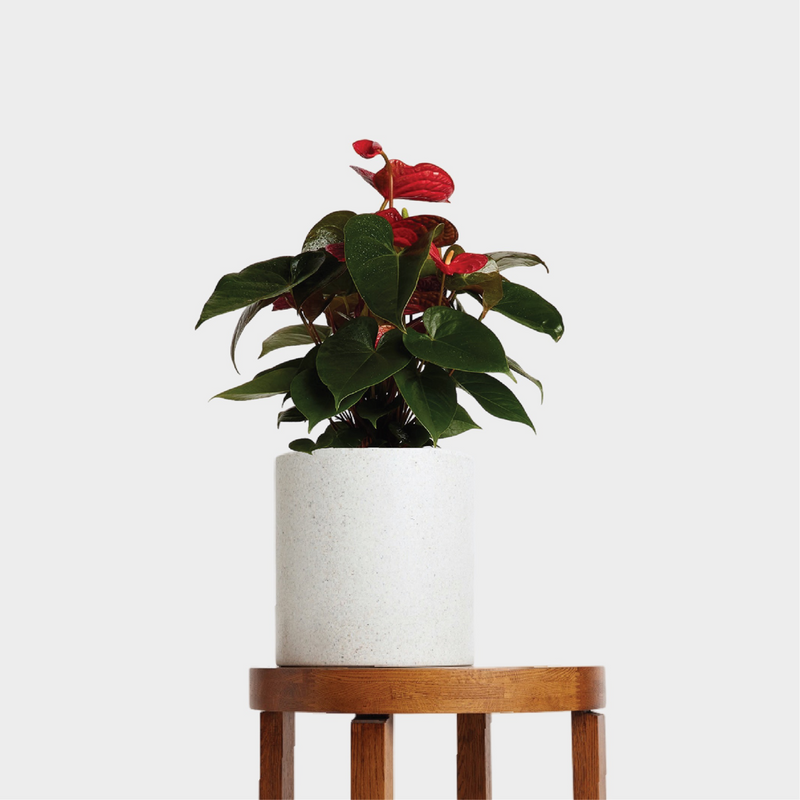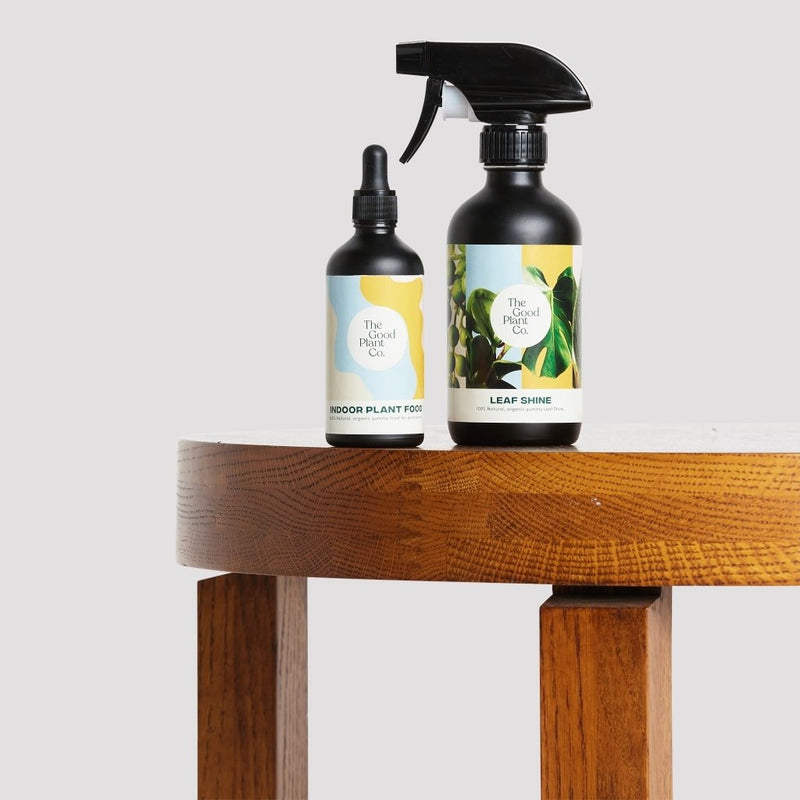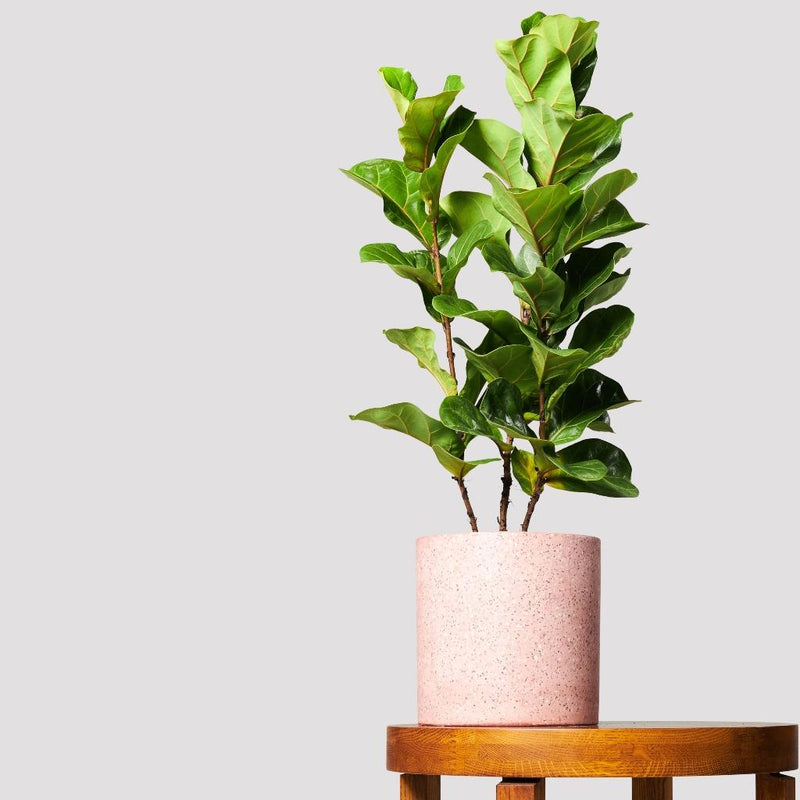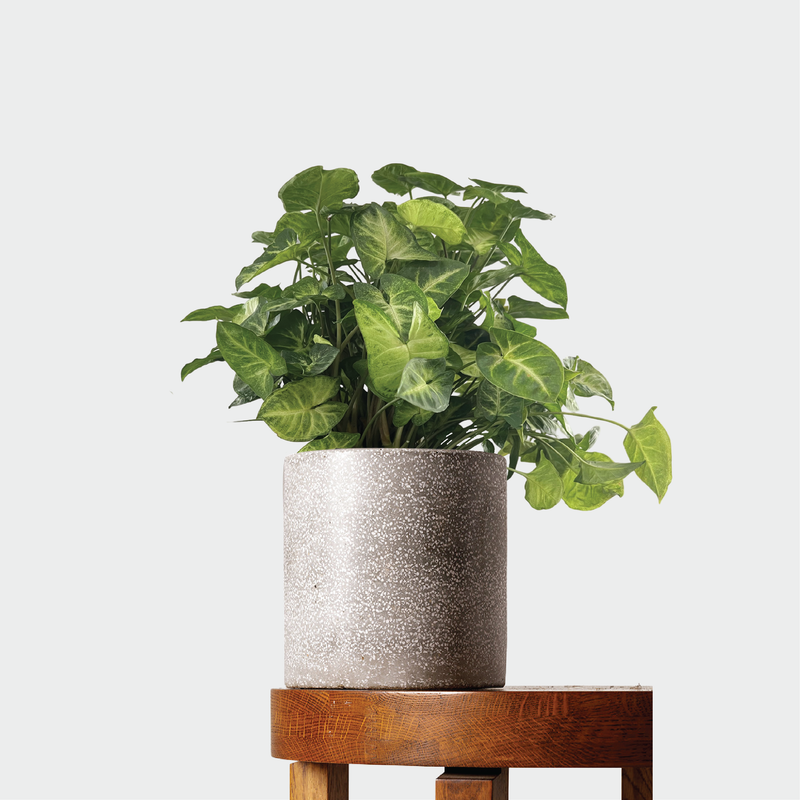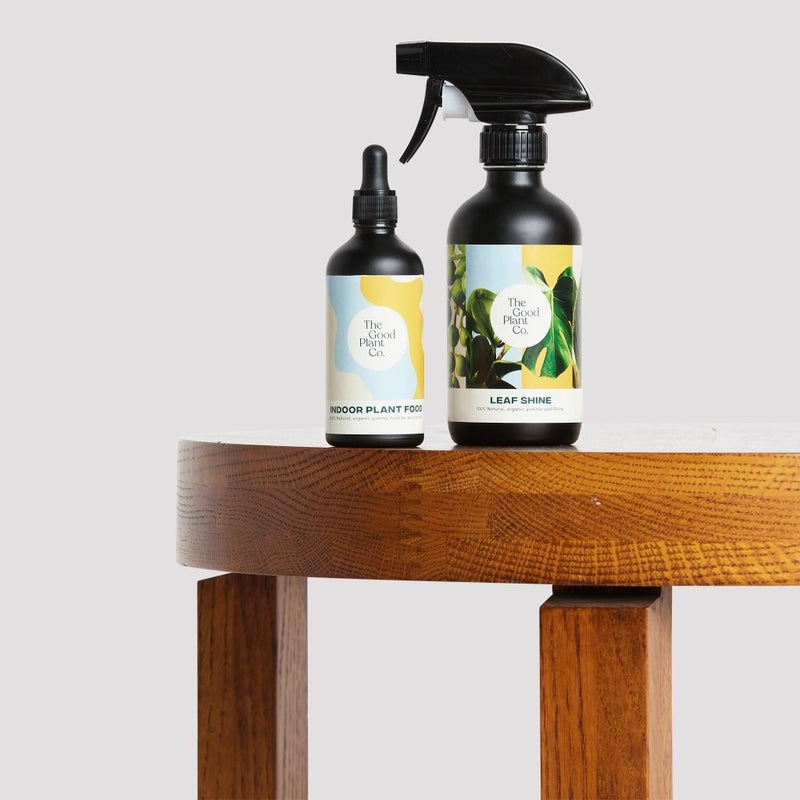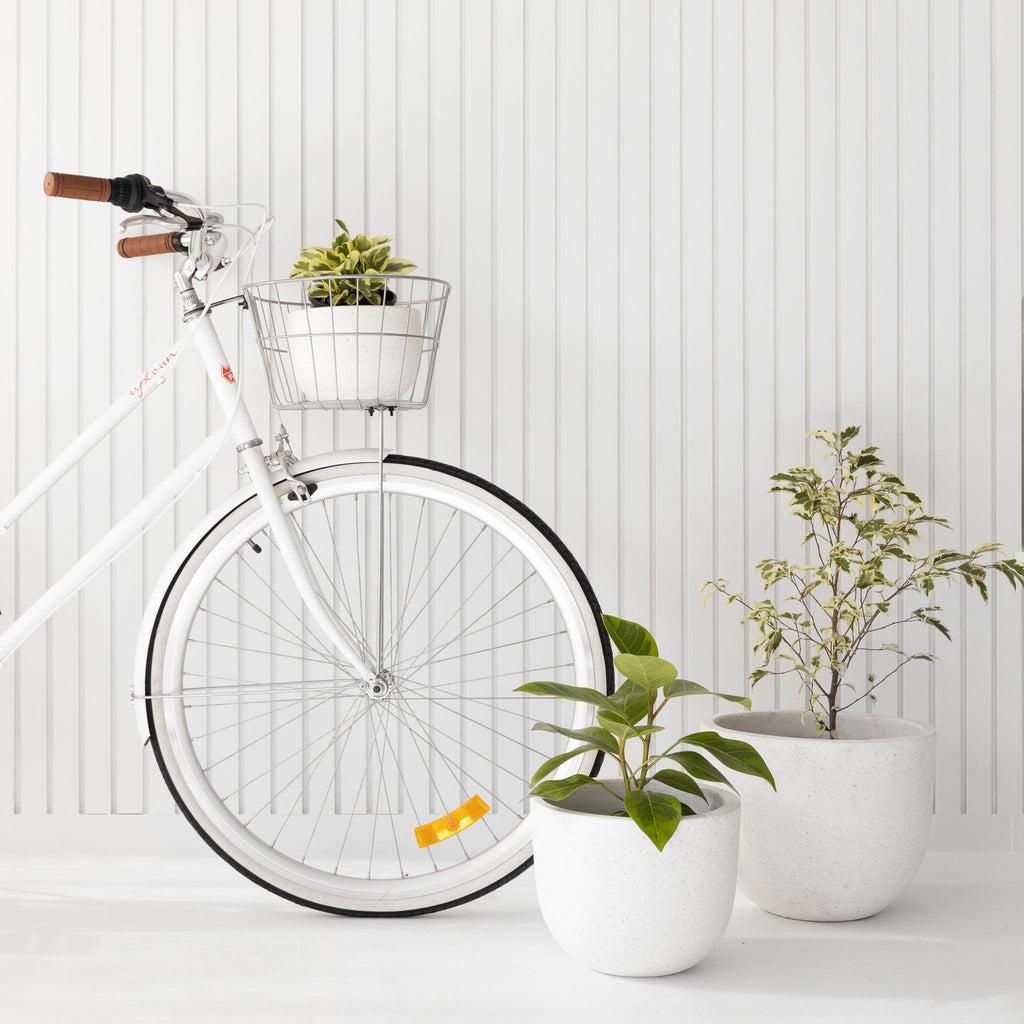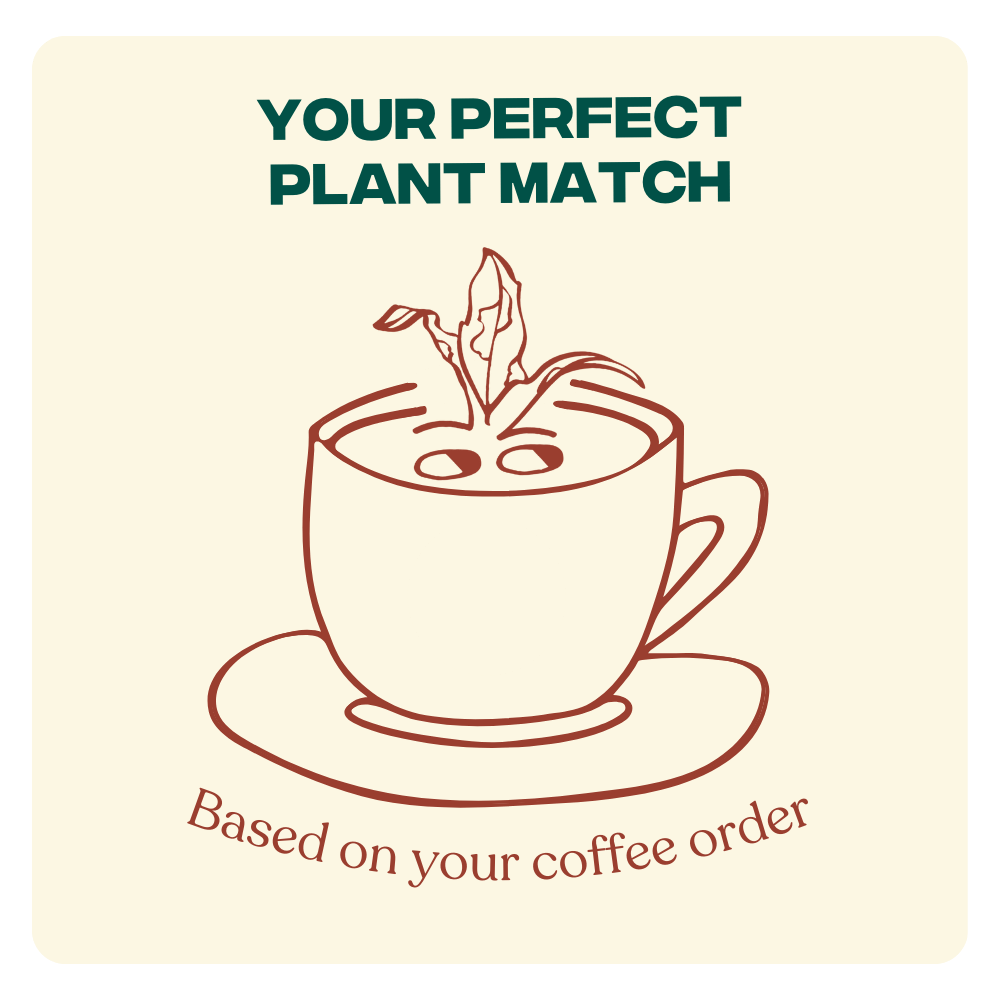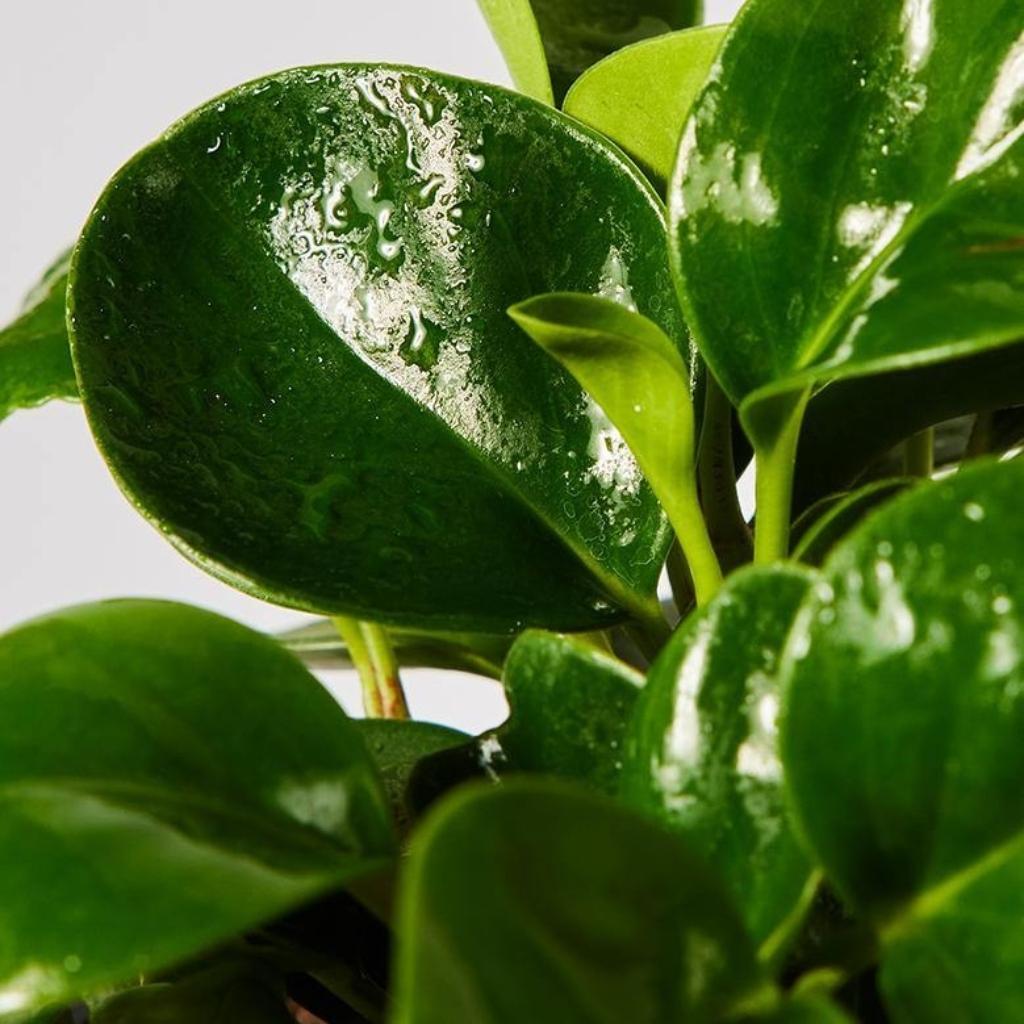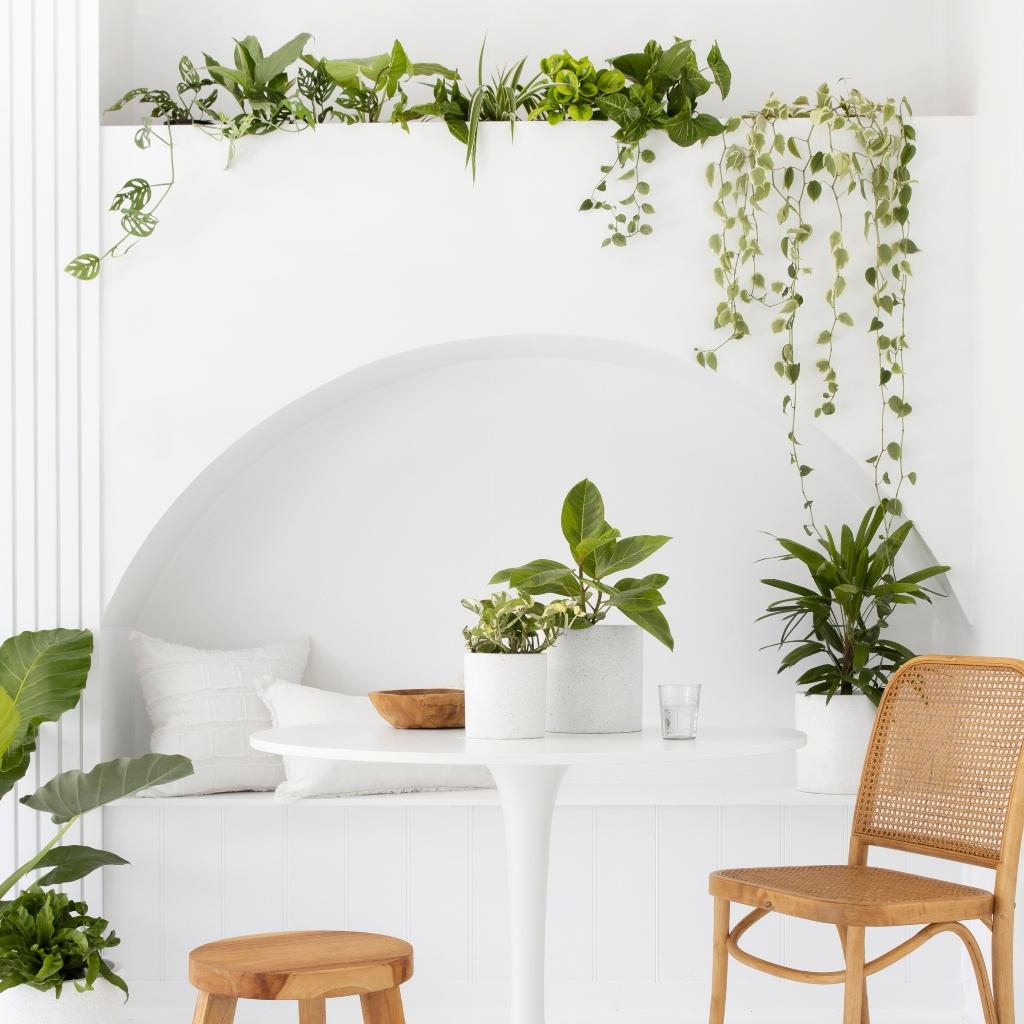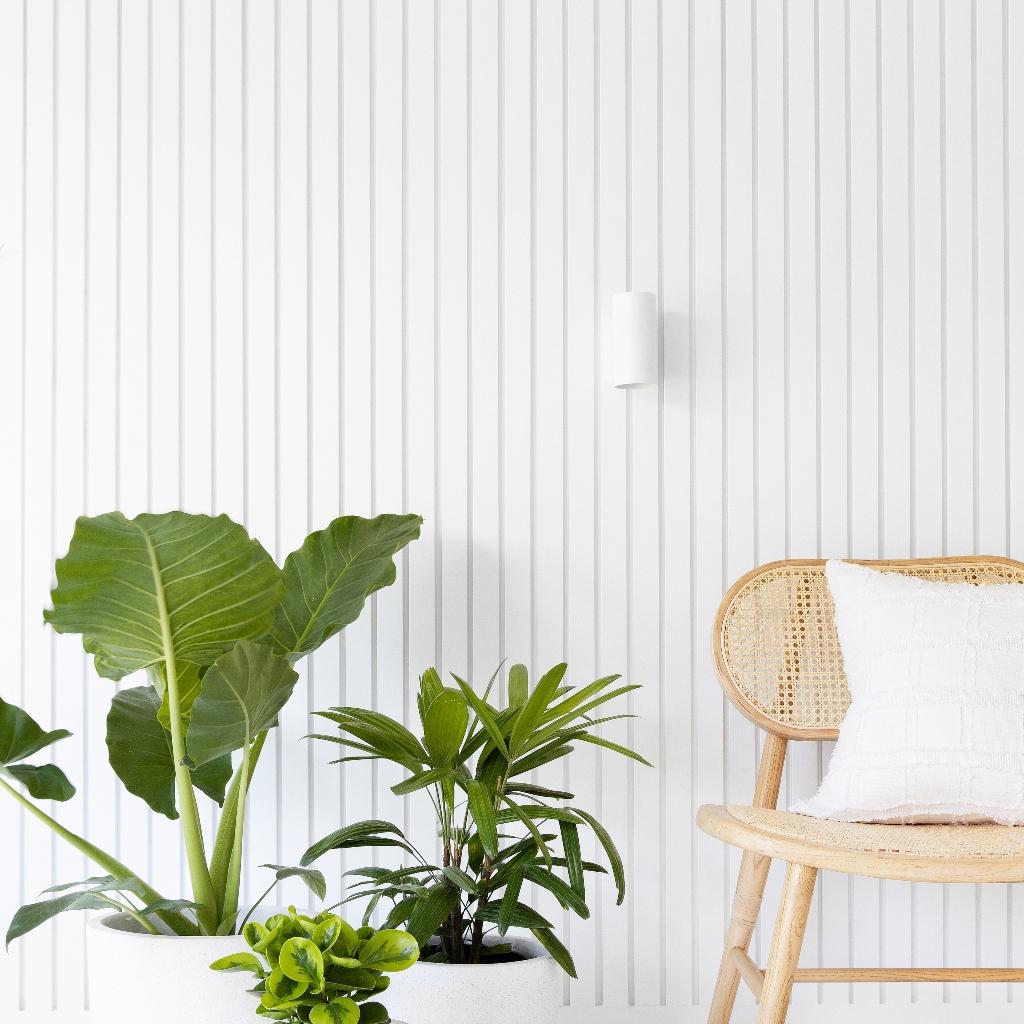Gardening is a hobby or activity typically associated with adults, even seniors. Getting younger kids involved in gardening offers several benefits. It is a great opportunity to take them outside and engage in physical activities, which can boost their overall development.
Benefits of Gardening with Preschoolers
Children, particularly those of preschool age, are naturally curious about their surroundings. Inviting them outside to participate in gardening activities can reap many benefits, including being able to grow their own food or plants.
1. Physical Development
Gardening is a physically-intensive activity. Therefore, it is suitable for children because it keeps them active and promotes physical development.
Get your child a set of child-sized gardening tools that are safe for them to use. Designate specific physical tasks for them so they can see the progress of their gardening efforts. For example, you can assign a specific portion of the garden for them to work on. Encourage them to use the tools you provided to plant and nurture the seedlings.
You can even signpost that specific part of the garden as their spot. They will be proud to see their “garden” come to life.
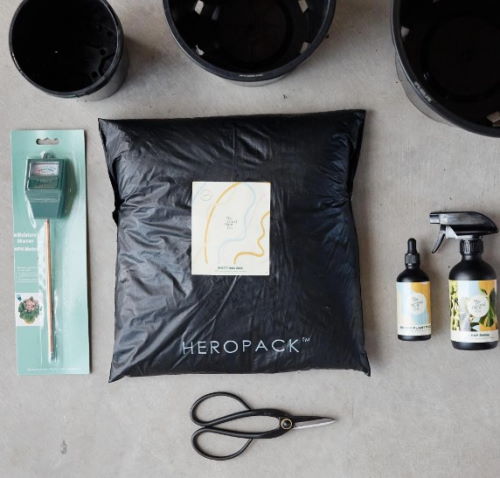
2. Spatial Skills
Understanding the value of space is one of the significant benefits that your child can realise in the garden. They will understand that each plant needs enough space as they grow. They will also be able to distinguish the spatial differences between the tiny plants from the bigger ones. The outdoor setting is the best way for them to learn these skills.
3. Sensory Awareness
With an understanding of spatial concepts comes sensory awareness, too. Being outside in nature offers sensory stimulation for preschoolers. If you don’t have time to hike or explore natural parks, just take them out to your garden for them to enjoy nature upclose.
They can feel the texture of the soil as they dig it. They can enjoy the scent of the plants and the sounds of the chirping birds. Children will also be in awe of the vibrantly coloured leaves and plants. The garden is one area of the home where they can activate all five senses.
4. Math Skills
Gardening also teaches your child important math skills. The activity involves counting, measuring, and positioning. These are some of the valuable math skills that they will need later on in life. The best part with gardening is they have fun while learning!
5. Emotional Development
The ability to grow something out of nothing is a proud moment for any child. They will develop emotionally through gardening activities because they realise the value of caring for and growing another living thing.
Various emotions come as a by-product of gardening. You will also teach children about responsibility. Since birth, they are always the ones cared for with their basic needs provided for them. However, gardening teaches them to think about how to care for others.
6. Creativity
Gardening encourages creativity in so many aspects. As they explore nature and their environment, they have the opportunity to create new things. For example, you can get your kids to decorate their part of the garden to make the space more vibrant and appealing. You can also enlist their help in creating essential garden equipment such as a scarecrow or a bird feeder. There are limitless possibilities for them to use their creative thinking.
On top of all these, you can also encourage kids to eat healthily when they see how the plants are grown. Children, especially preschoolers, are picky eaters. They can develop an interest in eating healthy food if they take part in growing it.
Fun Gardening Activities for Preschoolers
There are many tasks that a preschooler can help with in the garden. Incorporate these activities into your gardening routine so your kids can enjoy the benefits mentioned above.
- Watering the plants
- Digging the soil
- Composting and recycling
- Weed removal
- Re-potting the plants (make sure to use a repotting kit to safely do this)
- Tilling the soil before adults apply the fertiliser
- Mulching
- Composting
- Making garden crafts
- Gathering or pruning dead leaves
- Harvesting the fruits and vegetables
- Preparing healthy food using fruits and vegetables from the garden
To make kids feel more confident to help out with gardening, you can get them their own plant grow kit. This kit contains the essential tools that kids need to grow happy and healthy plants, such as a moisture meter and plant food.
Choosing Plants for Kids
Choosing the right kind of plants to grow in your garden with kids is important. You want a plant that is resilient enough that can withstand the playful nature of kids in the garden. You also would want to choose plants that grow quickly. The sooner the kids can see the progress of their gardening effort, the more engaged they will be.
Children are also attracted to large and brightly coloured plants. It is important to add variety to your plant options so you can pique their curiosity and enhance their sensory experience.
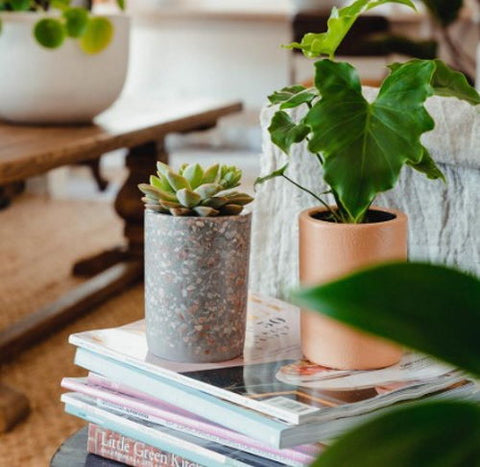
Below are some plant options that would be perfect when gardening with preschoolers:
|
Sensory Experience |
Plant Name |
|
Taste |
Strawberry, rosemary, cherry tomatoes |
|
Smell |
Jasmine, lavender, native mint bush |
|
Touch |
Succulents, snapdragons |
|
Sound |
Corn, bamboo |
|
Colours |
Sunflowers, marigolds, daffodils |
The above list offers examples of what to look for in a plant when gardening with kids. You can choose whichever plant is available in your area and would thrive best in the conditions.
Final Tip
To reap the benefits of gardening with preschoolers, it is best to start small. You want kids to get interested in participating in gardening activities but when you have a garden that is too big for them, they can get overwhelmed and easily lose interest.
A sandbox-sized plot, for example, is a good start for them. Make sure you also provide them with kid-friendly tools in the garden so they feel more independent. Keep the plant beds low enough for them to reach, too. The more they can contribute to the garden, the more they are motivated and engaged.




